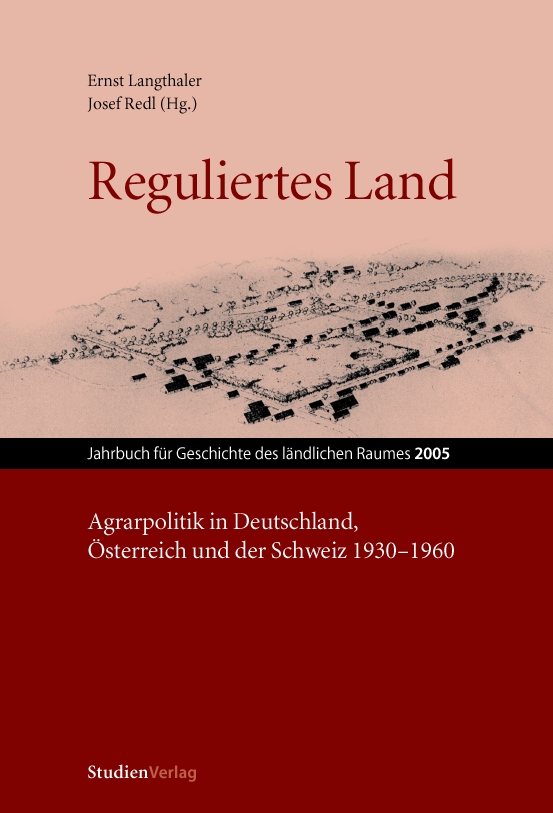Peasant Country or Industrial State?
Agrarian Policy in Bavaria, 1945–1960
DOI:
https://doi.org/10.25365/rhy-2005-7Abstract
Bavaria in the 1940s and 1950s developed from a predominantly agrarian to an industrialised region. Nevertheless the Bavarian state government continually emphasised the important role of the agriculture as a base of the Bavarian economy and its willingness to support the farmers. Agricultural policy in Bavaria was marked by very close ties between the Ministry of Agriculture, the Christian-Conservative Party (CSU) and the Bavarian Farmers Association (BBV). It was dominated by politicians who had been active already during the Weimar Republic and had not been members of Nazi organisations. The possibilities for an independent Bavarian agricultural policy were limited because of the low financial resources of the state and the fact, that the constitution of the Federal Republic of Germany reserved the promotion of agriculture to the federal government. Hence Bavaria tried to influence the federal policy and concentrated its own efforts mainly on agricultural schools and the agricultural advisory service.


